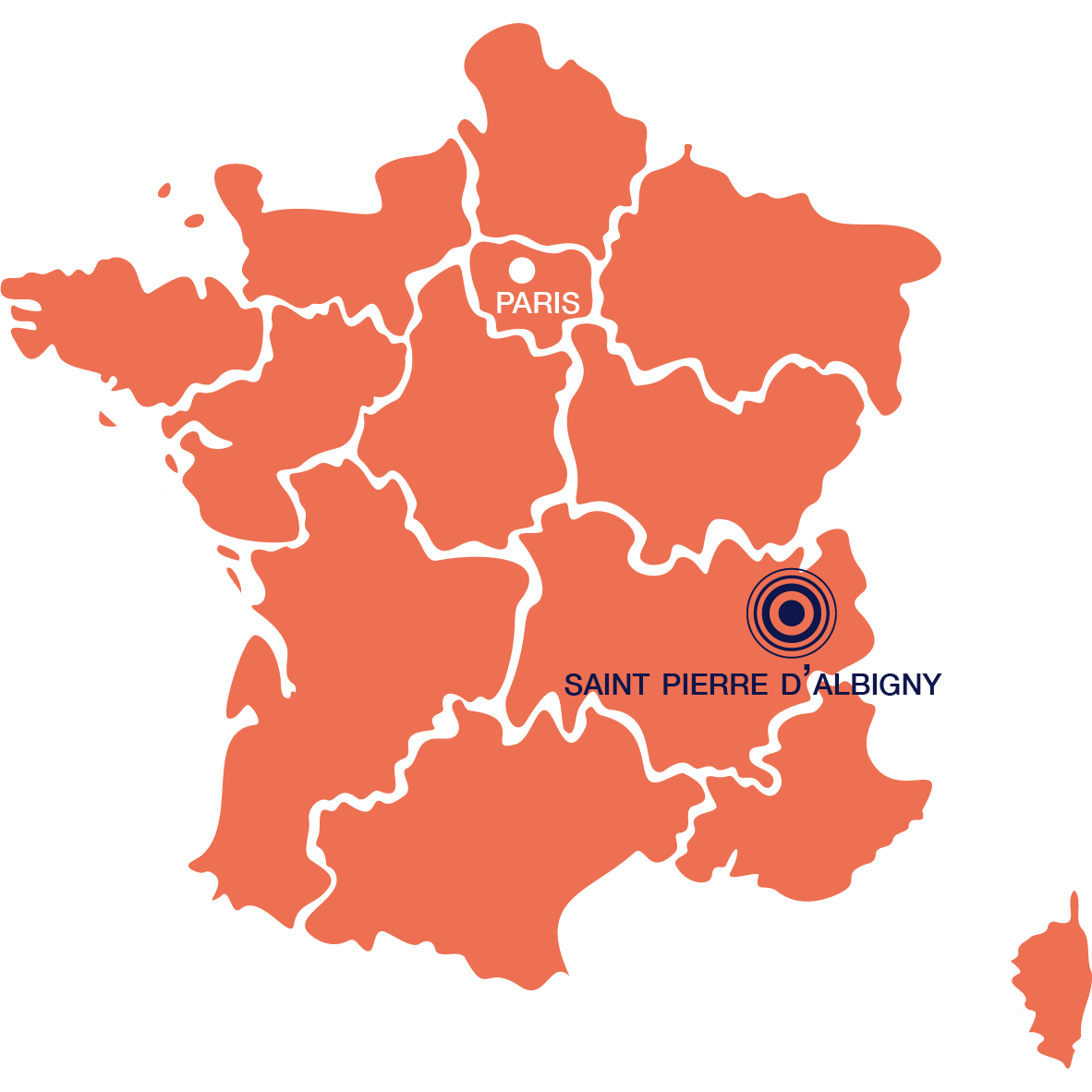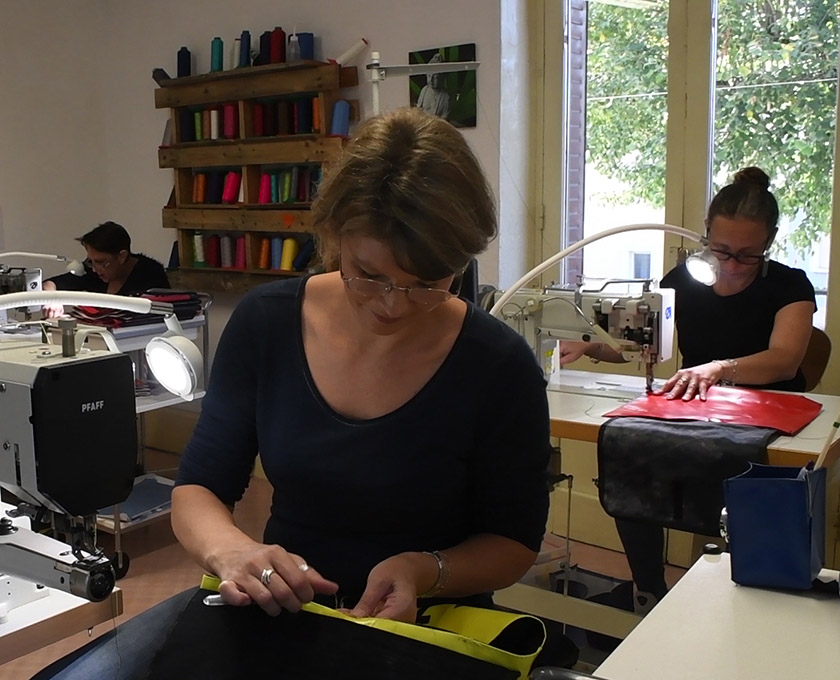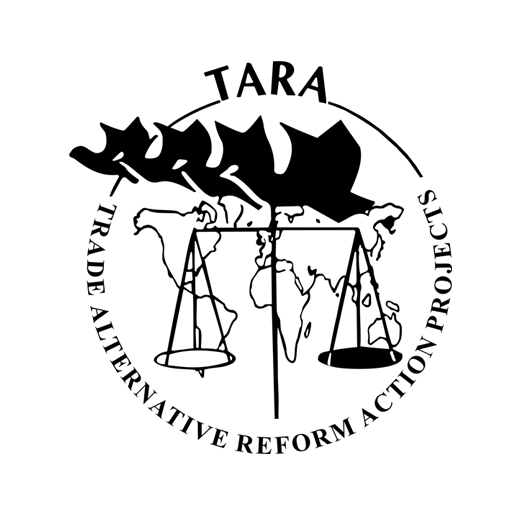Atelier Fibr'ethik
Handicrafts to regain self-confidence
Saint Pierre d´Albigny, a peaceful village in the French Alps
"Are you from Haute-Savoie? Those people act like they come from Switzerland. Here at least, you are in the real Savoie”. The rivalry between the two French departments can be felt amongst the craftsmen of Saint Pierre d'Albigny, a small village not far from the road to Italy.

Built at the foothills of the mountain ranges, at the crossroads of several alpine valleys, it attracts many hikers, who come to visit its vineyards and its medieval castle. Formerly a strategic military region, dotted with castles and fortresses, Saint Pierre d’Albigny has turned intoe a tourist destination.
Fibr’Ethik, Artisanry to regain self-confidence
It is in this corner of France that Fibr’Ethik was created: an initiative founded by the inhabitants of the town and their elected officials.
This handicrafts workshop was created to help vulnerable populations (people facing long-term unemployment, illness, or social exclusion) to regain confidence in their capabilities in order to re-enter the labor market.
The employees of Fibr’Ethik come from Saint Pierre d’Albigny and its neighboring towns, and they enter the workshop after being recommended by the French National Employment Agency. In general, these people are long-term job seekers, disabled workers, without university degrees or in search of a new career path.
Fibr’Ethik is divided into several sub-sections and activities: on the one hand, there is a workshop dedicated to masonry and gardening, called “Terre de Valeur”, created in 2010. This initiative employs around fifty people.
Then, there is the Fibr’Ethik artisan workshop, created in 2014, where discarded promotional tarpaulins are collected and transformed into bags and other accessories. This workshop employs around 30 people.

The artisan workshop hires mainly female workers, as their 4-hour workdays allow young mothers to have the time to leave and then pick up their children at school.
To support the craftswomen at the Fibr’Ethik workshop, they are supervised by professional craftspeople who manage the quotas to meet and offer them skill training. They are also regularly interviewed and supported by a supervisor. All of their work is paid through a 26-hour-per-week contract, and they benefit from a professional health insurance.
The people hired by Fibr’Ethik work under a fixed-term contract ranging from 4 months to 2 years, although 10-month contracts are the average. Once the contract is over, 70% of Fibr’ethik employees are hired in long term jobs.
Even though artisanry in Fibr’Ethik is seen as a means to regain self-confidence, employees are not expected to become artisans once their contract at Fibr’Ethik is over. Indeed, while they are free to follow that path, the artisan sector is not known to have many job openings. In this workshop, craftsmanship is mainly seen as a way to help people to regain confidence in their own creative capabilities.
Manuel-Antonio Monteagudo








